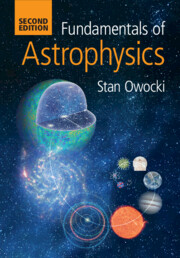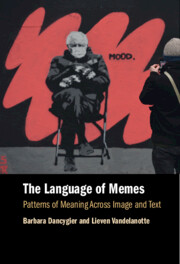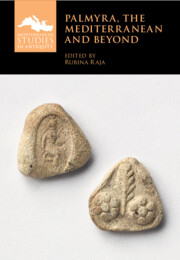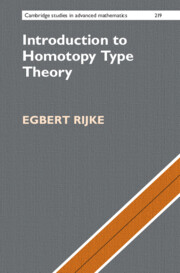3356293 results
Seekers and Partisans
- Americans Abroad in the Crisis Years, 1935–1941
- Coming soon
-
- Expected online publication date:
- August 2025
- Print publication:
- 31 August 2025
-
- Book
- Export citation
Weaponizing Language
- Legislating a Hindu India
- Coming soon
-
- Expected online publication date:
- August 2025
- Print publication:
- 31 August 2025
-
- Book
- Export citation
Disability, Human Rights and Contract Law
- Coming soon
-
- Expected online publication date:
- August 2025
- Print publication:
- 31 August 2025
-
- Book
- Export citation
Contemporary American Fiction and Cultures of Self-Help
- Coming soon
-
- Expected online publication date:
- August 2025
- Print publication:
- 30 September 2025
-
- Book
- Export citation

Fundamentals of Astrophysics
- Coming soon
-
- Expected online publication date:
- August 2025
- Print publication:
- 31 July 2025
-
- Textbook
- Export citation
Punctuated Equilibria and Sino-American Relations
- Lulls and Lurches across the Pacific
- Coming soon
-
- Expected online publication date:
- August 2025
- Print publication:
- 31 August 2025
-
- Book
- Export citation
Palestinian Doctors
- Medical Practice and the Transformation of Palestine, 1900–1948
- Coming soon
-
- Expected online publication date:
- August 2025
- Print publication:
- 31 August 2025
-
- Book
- Export citation
The Boundaries of Blame
- Towards a Universal Partial Defence for the Criminal Law
- Coming soon
-
- Expected online publication date:
- August 2025
- Print publication:
- 31 August 2025
-
- Book
- Export citation
Kant on Language
- Coming soon
-
- Expected online publication date:
- August 2025
- Print publication:
- 31 August 2025
-
- Book
- Export citation
Selling Healing
- Creative Arts and Health Communication in Ghana
- Coming soon
-
- Expected online publication date:
- August 2025
- Print publication:
- 31 August 2025
-
- Book
- Export citation

The Language of Memes
- Patterns of Meaning Across Image and Text
- Coming soon
-
- Expected online publication date:
- August 2025
- Print publication:
- 31 August 2025
-
- Book
- Export citation
The Will in English Renaissance Drama
- Coming soon
-
- Expected online publication date:
- August 2025
- Print publication:
- 31 August 2025
-
- Book
- Export citation

Palmyra, the Mediterranean and Beyond
- Coming soon
-
- Expected online publication date:
- August 2025
- Print publication:
- 31 August 2025
-
- Book
- Export citation
The Generalissimo
- Luigi Cadorna and the Italian Army, 1850–1928
- Coming soon
-
- Expected online publication date:
- August 2025
- Print publication:
- 31 August 2025
-
- Book
- Export citation
Regulating a Thousand Cuts
- Global Law and Policy Solutions to Cumulative Environmental Problems
- Coming soon
-
- Expected online publication date:
- August 2025
- Print publication:
- 31 August 2025
-
- Book
- Export citation
Labour Law
- Coming soon
-
- Expected online publication date:
- August 2025
- Print publication:
- 31 August 2025
-
- Textbook
- Export citation
The Nation at Sea
- The Federal Courts and American Sovereignty, 1789–1825
- Coming soon
-
- Expected online publication date:
- August 2025
- Print publication:
- 31 August 2025
-
- Book
- Export citation
God, Slavery, and Early Christianity
- Divine Possession and Ethics in the Shepherd of Hermas
- Coming soon
-
- Expected online publication date:
- August 2025
- Print publication:
- 31 August 2025
-
- Book
- Export citation
Curating the Colonial Past
- The ‘Migrated Archives' and the Struggle for Kenya's History
- Coming soon
-
- Expected online publication date:
- August 2025
- Print publication:
- 31 August 2025
-
- Book
- Export citation

Introduction to Homotopy Type Theory
- Coming soon
-
- Expected online publication date:
- August 2025
- Print publication:
- 31 August 2025
-
- Book
- Export citation

